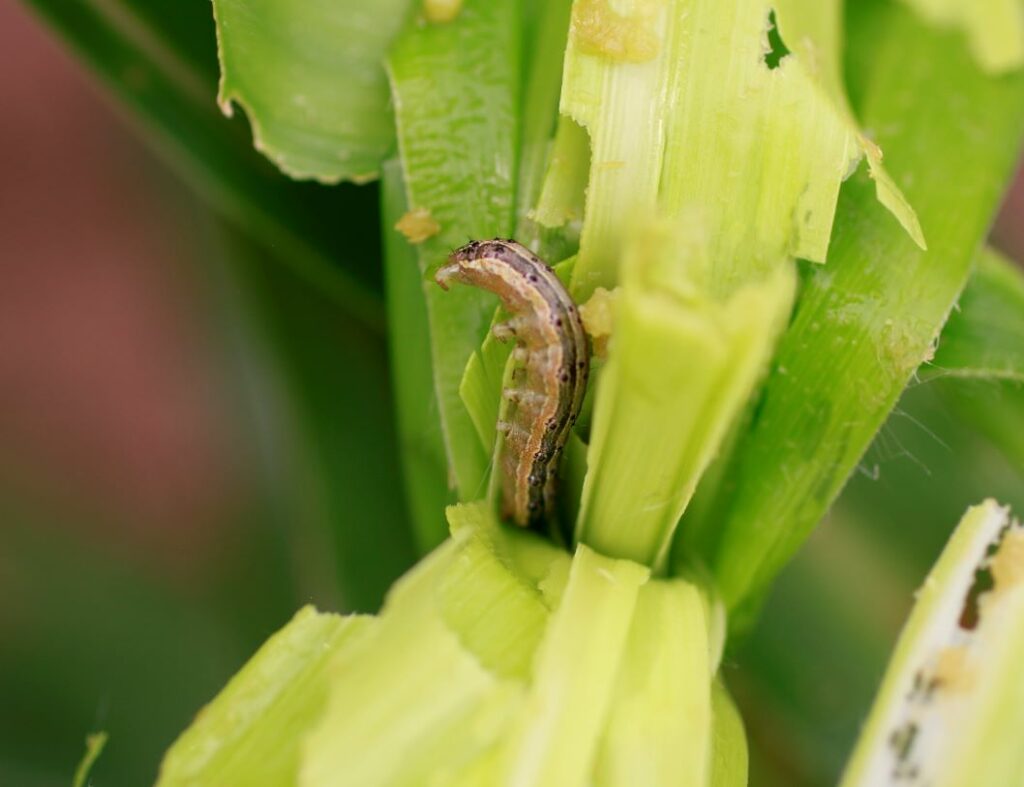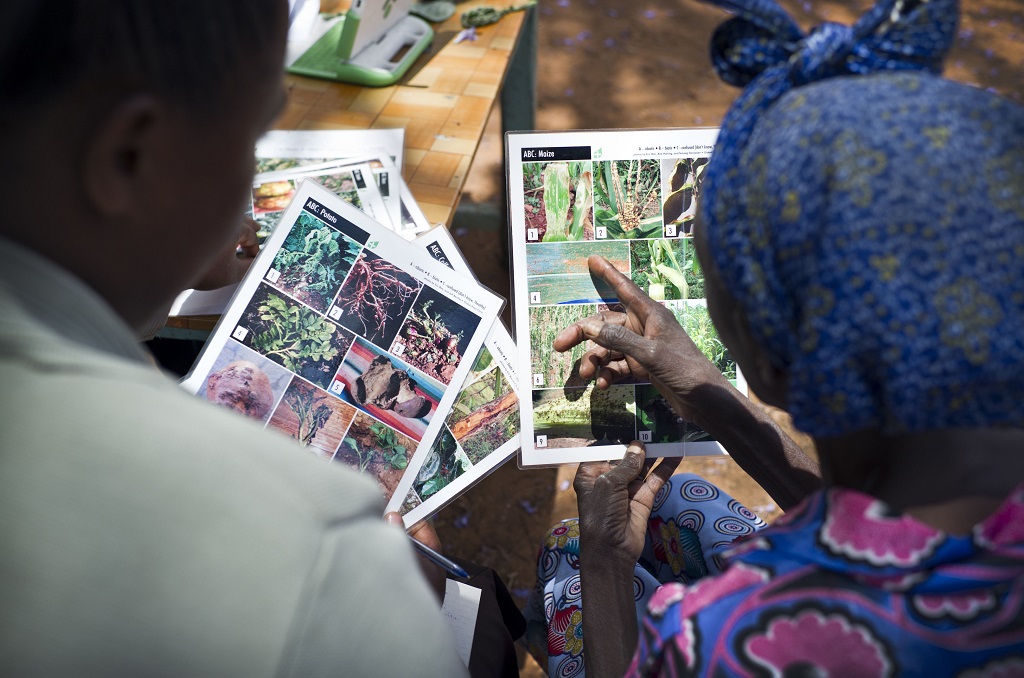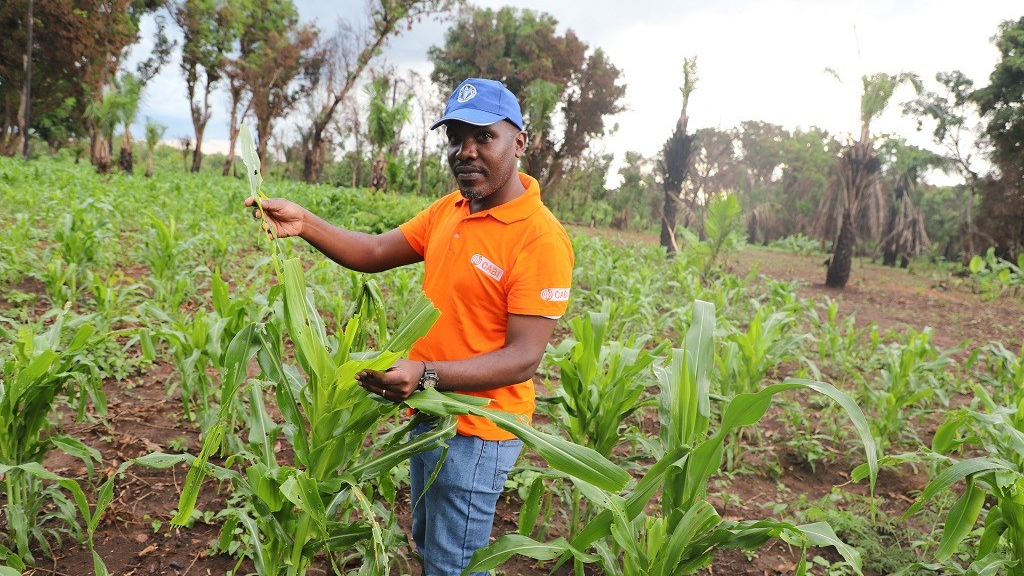How to diagnose a pest problem using the diagnostic tool
The Plantwise Knowledge Bank brings together plant health information from across the world. It includes a diagnostic tool, factsheet library, pesticide lists and pest alerts. For those seeking to diagnose a pest problem, the Plantwise Knowledge Bank’s Pest Diagnostic Tool is particularly useful, providing information to help identify the symptoms observed on a crop.
PlantwisePlus: safer plant protection products
Dr Belinda Luke is one of the Global Team Leaders for CABI’s new flagship programme PlantwisePlus. Her role within the programme is to oversee the development of local production and distribution systems, for less harmful, biological plant protection products.
Enabling Data Access Project: Supporting Grantmakers and Digital Capabilities in India and Ethiopia
The Enabling Data Access project, funded by the Bill & Melinda Gates Foundation aims to support the improved design of grants with data components in collaboration with the Open Data Institute (ODI). The core goal of the project is to understand the various challenges faced by grantmakers and those who manage grants (Program Officers (POs)) within the Digital Farming Services Gates Foundation…
PlantwisePlus: detecting and responding to plant health threats
Invasive species specialist Dr Ivan Rwomushana is one of the Global Team Leaders for CABI’s new global PlantwisePlus programme. His role within the programme is to strengthen decision support systems for the detection and response to pest outbreaks and plant health threats.
Update: New Pest & Disease Records (5 August 2021)
We’ve selected a few of the latest new geographic, host and species records for plant pests and diseases from CAB Abstracts. Records this month include the first report of Didymella americana causing corn stalk rot in China and the First report of Lasiodiplodia theobromae causing decline of blueberry (Vaccinium corymbosum) in the Czech Republic.
PlantwisePlus: Helping farmers grow safer, higher quality food
Dr Monica Kansiime is one of the Global Team Leaders for CABI’s new global PlantwisePlus Programme. Building on the success over the last ten years of CABI Plantwise, the new programme aims to enable smallholder farmers to increase incomes and grow safer, higher quality food through climate-resilient approaches to crop production.
PlantwisePlus Toolkit: Applying Digital Development Principles to real life
Claire Curry is the Global Team Leader for Specific Objective 1 of CABI’s PlantwisePlus programme, focusing on knowledge delivery to agricultural service providers through digital tools. Claire is a member of the Digital Development team and a ‘Digital Ninja’ at CABI.
Biotechnology aiding the fight against cowpea pest damage in Africa
Cowpea (Vigna unguiculata), a staple crop in West Africa, is consumed by more than 200 million people a day and is an important source of income for farming communities. Nigeria is the largest producer of cowpea, yet still imports roughly 500,000 tonnes of the crop per year due to the domestic consumption demand. This need…










